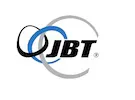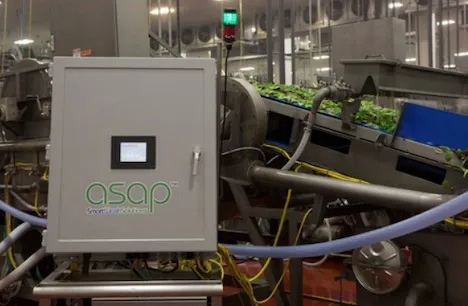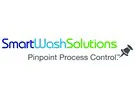 Once the dust has settled following the COVID-19 pandemic, there is likely – many in the produce industry believe – to be an increased
Once the dust has settled following the COVID-19 pandemic, there is likely – many in the produce industry believe – to be an increased
awareness of the importance of safety in the food production process, including during the washing and preparing of vegetables. Here, treatments from JBT alliance partner, SmartWash Solutions could be poised to play a key role.
Originally launched in the US in 2009, SmartWash Solutions’ patented SmartWash delivers Pinpoint Process Control™ to food processing wash-water systems, mitigating cross contamination while improving food safety. The system has proven so effective in curbing cross contamination that it is now used by over 50% of the US fresh-cut produce industry, leading to expansion to Europe with the opening of SmartWash Solutions BV in the Netherlands.

Wash-lines are used by all produce processors across Europe to clean vegetables and salad products, according to Ewoud Buter, General Manager of SmartWash Solutions BV; a manual process, which typically involves hand contact. Not only raising potential contamination questions, the process is also highly labor-intensive, typically involving hourly QA testing of pH and Total Chlorine levels in the wash-water.
The SmartWash acidulent – in combination with the SmartWash controller, known as the ASAP – will continually monitor and control the water chemistry, taking data every 10 milliseconds and saving it every two seconds. As well as improving food quality and safety,
Buter said the system will also reduce labor usage over an eight-hour period by 87.5% on average. “With the SmartWash method, you only need to have a manual check once per shift, that’s to say once every eight hours, so you reduce QA hours by almost 90%,” he said.
Controlling chemistry
Offered under a leasing program, SmartWash ASAP unit installation, maintenance and repairs – when required – are carried out by SmartWash technicians, although the company also provides in-depth training for new customers, covering operation and basic maintenance, including parts replacement.
However, the potential of SmartWash’s scope to effectively control the chemistry of washwater could yet be broadened further. The company has significant relationships with scientists in Belgium, the Netherlands and Spain. One of these scientific partners is currently
researching the effect of chlorinated disinfectant on viruses.
“SmartWash is already massively effective against (Gram negative) bacteria, so we believe it will likely have a positive impact on viruses present on vegetables, including potentially COVID-19,” added Buter.
“We are really looking forward to the results of the study.”
 For more information:
For more information:
Ewoud Buter
SmartWash Solutions BV
Email: ebuter@smartwashsolutions.com
www.smartwashsolutions.com
